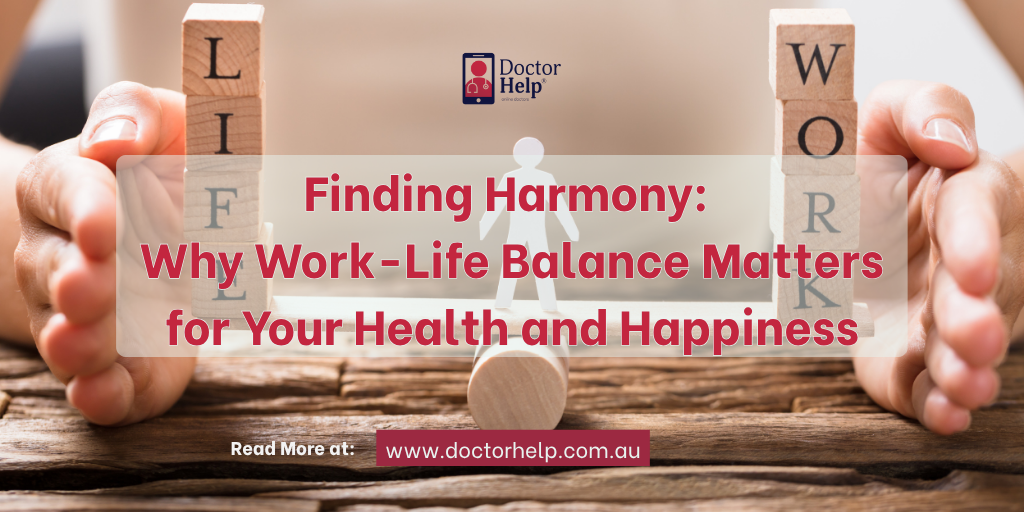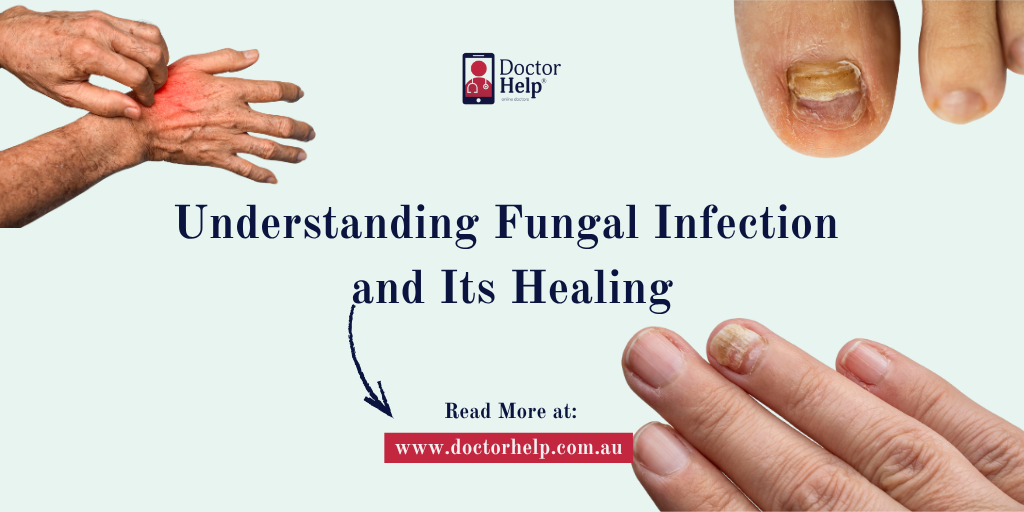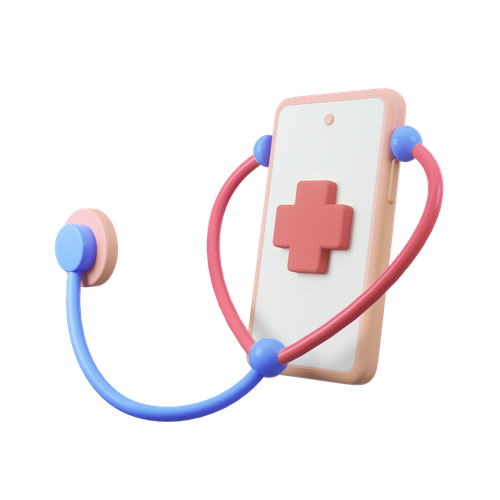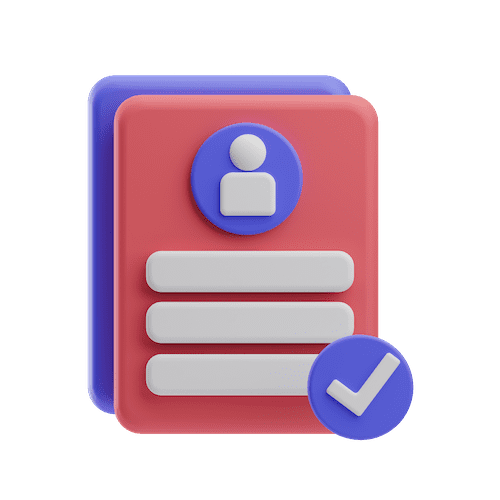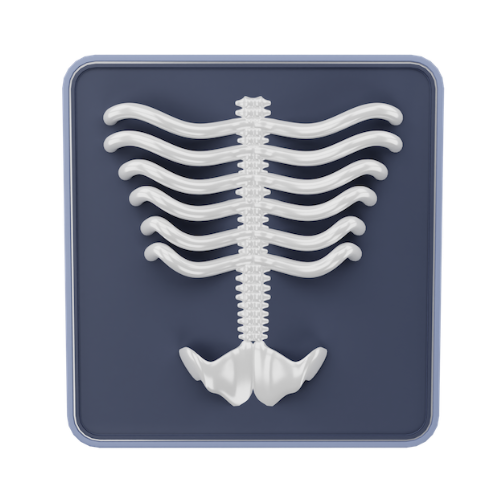Table of Contents
Is work truly the only measure of a meaningful life? Many of us find ourselves caught in a constant tug-of-war between professional obligations and personal fulfilment. Work often takes the front seat while family time, rest, and recreation quietly slip away. That’s why nurturing a healthy work life balance is not just helpful, it’s essential for both mental and physical wellbeing.
Work life balance in Australia remains a key priority but faces challenges. Around 13% of Australians work very long hours. Reflecting the importance of balance, 90% of Australian professionals rank work life balance as their most important workplace factor, ahead of salary considerations.
When work consumes most of our waking hours, it becomes increasingly difficult to maintain a healthy rhythm between work and balance. Long hours can eventually lead to fatigue, burnout, high blood pressure, and even insomnia.
A fulfilling life isn’t just about productivity, it’s about sustainability. When we achieve balance, we create harmony between our professional goals and personal peace of mind.
Understanding the True Work-Life Balance Meaning
Having a work life balance is as vital as maintaining a balanced diet. It refers to managing your responsibilities at work while still finding time to enjoy life outside of it. Too often, one side dominates the other. But striking equilibrium is possible with a mindful approach.
The work life balance meaning looks different for everyone. A student might balance study schedules with social life. A teacher might carve time between lessons to connect with family. A parent might adjust working hours to spend more meaningful moments with their children. Balance doesn’t have a universal formula, it’s shaped by personal priorities and lifestyle.
Australian HR Institute (AHRI) in 2025 indicates that the most popular hybrid working arrangement in Australia remains three days at the physical workplace per week, with many workplaces encouraging flexibility rather than rigid attendance.
Why Work-Life Balance Matters
When work stress becomes overwhelming, it often seeps into our emotional and social lives. Many of us convince ourselves that working longer hours leads to better results, but the opposite is often true. Overworking drains energy, reduces focus, and affects overall productivity. Indeed, 45% of Australian employers perceive hybrid working as boosting productivity, while 65% point to better work-life balance as the main benefit.
As recognised by Australian health organisations, chronic stress can harm both the body and mind. It increases the risk of anxiety, exhaustion, and heart-related conditions. The human body thrives on variety, physical activity, social connection, and proper rest. Taking regular breaks and enjoying leisure activities are not indulgent luxuries; they’re fundamental to work life management and long-term performance.
When we maintain a stable balance, we’re not just working efficiently. We’re living more meaningfully.
Recognising an Unhealthy Work-Life Balance
An unhealthy balance appears when work dominates every part of life, pushing relationships, hobbies, and rest to the sidelines. When deadlines and workplace pressure constantly weigh us down, physical and mental fatigue soon follow.
Skipping meals, neglecting sleep, or feeling perpetually tense are all warning signs that something is off. Prolonged imbalance can lead to irritability, emotional burnout, and health complications. If you find yourself always “on the clock,” it’s time to pause and reflect on how sustainable that pace really is.
What a Healthy Work and Balance Looks Like
A healthy balance isn’t about splitting your time perfectly, it’s about finding an arrangement that allows both your personal and professional sides to thrive. The key lies in setting realistic expectations, knowing your limits, and making time for recovery.
Experimenting with different routines, taking breaks, and prioritising family or social time are effective ways to restore balance. When both worlds coexist peacefully, your overall wellbeing improves at work and at home.
Telltale Signs of a Poor Work Life Balance
Wondering if your work life balance at work is slipping? These signs might offer some clarity:
- Overtime Overload: Working long hours regularly can drain your energy and reduce productivity. Learn to manage tasks efficiently to prevent burnout.
- Declining Fitness: Staying glued to your desk with minimal movement can lead to stiffness and fatigue. Stand up, stretch, or step outside for fresh air.
- Relationship Strain: If connecting with friends or family feels impossible, reassess your schedule. Relationships need nurturing to thrive.
- Short Temper: When minor issues make you lose patience, it’s a sign your body and mind are running on empty.
Ten Simple Steps to Restore Work-Life Balance
If your goal is to strengthen mental health while improving work life management, these steps can guide you toward balance:
- Take Regular Breaks: Step away from your workspace periodically. Short breaks improve focus and boost creativity.
- Prioritise Your Health: Make your wellbeing non-negotiable. Eat nutritious meals, move regularly, and aim for seven to eight hours of sleep. Limit screen time before bed to recharge properly.
- Communicate Actively: Stay in touch with your manager or team. Express workload concerns and propose realistic adjustments that support a healthy balance.
- Leverage Technology: Use apps for scheduling and task management. However, set limits and turn off work notifications after hours to protect downtime.
- Take Your Leave: Surprisingly, many Australians don’t take all their annual leave. Time off is vital for recovery, perspective, and renewed motivation.
- Plan Personal Time: Schedule weekends for hobbies or simple joys like sleeping in, painting, or family dinners. Joy restores energy.
- Flexible Work Arrangements: Australian HR research shows nearly all employers offer flexible options such as part-time work, compressed hours, and flexitime. Hybrid working is expected to increase or remain stable in over 80% of organisations.
- Accept Imperfection: Striving for perfection can create unnecessary pressure. Excellence is achievable; perfection rarely is.
- Avoid Multitasking: Focusing on one task at a time enhances efficiency. Protect your calendar by skipping unnecessary meetings.
- Setting Boundaries: Learn to say no when your plate is full. Establish clear working hours and honour them to preserve your mental peace.
Finding Work-Life Balance While Working Remotely
Remote work offers comfort but also blurs the lines between home and office. Maintaining work and balance in this setup requires intentional effort:
- Keep a consistent daily routine, including meals and exercise.
- Practise self-care through mindfulness, yoga, or creative hobbies.
- Limit your working hours and stick to them.
- Maintain clear communication with your team to set realistic goals.
- Fully disconnect once the workday ends. No emails, no half-finished tasks.
Working from home can bring harmony when structure meets self-discipline. It’s about designing a lifestyle that works for you, not against you.
How to Sustain Work-Life Balance
True balance is less about time and more about awareness. It’s understanding when to work hard and when to slow down. Creating routines, establishing clear boundaries, and setting realistic goals all contribute to sustainable living.
Spending time with family, pursuing hobbies, and caring for your body aren’t distractions, they’re foundations of lasting wellbeing. Achieving work life balance at work is about learning that success isn’t defined by constant activity, but by consistent harmony between effort and rest.
In Closing
Finding balance isn’t a single event, it’s an evolving practice. It’s about tuning into your body, respecting your emotions, and honouring what truly matters. Some days, balance means finishing that project; on others, it means saying no and resting without guilt.
A healthy work life balance doesn’t separate work from life. It allows both to coexist peacefully. When you care for yourself as much as you care for your career, everything else begins to align.
Small steps like setting boundaries, communicating needs, or taking breaks can make a world of difference. Over time, these habits create space for joy, resilience, and purpose.
Your life isn’t meant to revolve around work; work is meant to support your life. The harmony lies in remembering that.
If you’re dealing with issues related to work life balance, work-related stress, or simply feeling the mental strain of trying to hold it all together, please know you don’t have to face it alone. Book an appointment with us today for professional mental health support and guidance.
Reference:
- Leong, L., & Kesteven, S. (2023, May 21). Australia has a worse work-life balance than the US. What are we doing wrong? ABC News.
https://www.abc.net.au/news/2023-05-22/why-are-so-many-australians-working-overtime-long-hours/102353176 - Focushr-Team. (2025, August 1). Work-Life balance: the new cornerstones of talent retention in 2025. Focus HR.
https://www.focushr.com.au/work-life-balance-the-new-cornerstones-of-talent-retention-in-2025/ - Hybrid and flexible working report. (n.d.). In Australian HR Institute.
https://www.ahri.com.au/wp-content/uploads/Hybrid-and-Flexible-Working-Report-2025.pdf - Healthdirect Australia. (n.d.). Work-life balance. Strategies and Where to Get Help | Healthdirect.
https://www.healthdirect.gov.au/work-life-balance - Nation-wide acceptance of hybrid working is driving productivity rates – AICD. (n.d.).
https://www.aicd.com.au/organisational-culture/business-ethics/change/nation-wide-acceptance-of-hybrid-working-is-driving-productivity-rates.html

